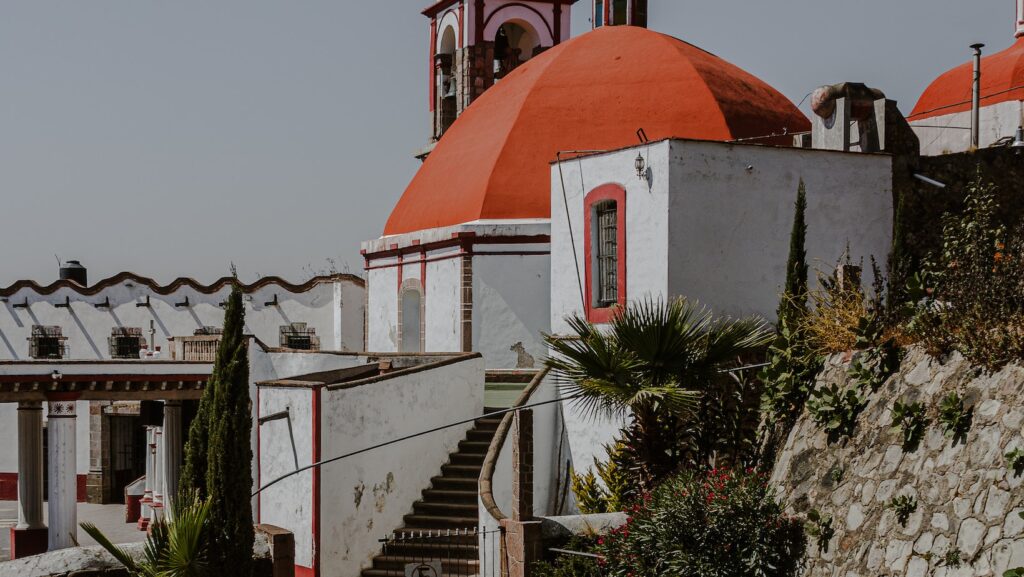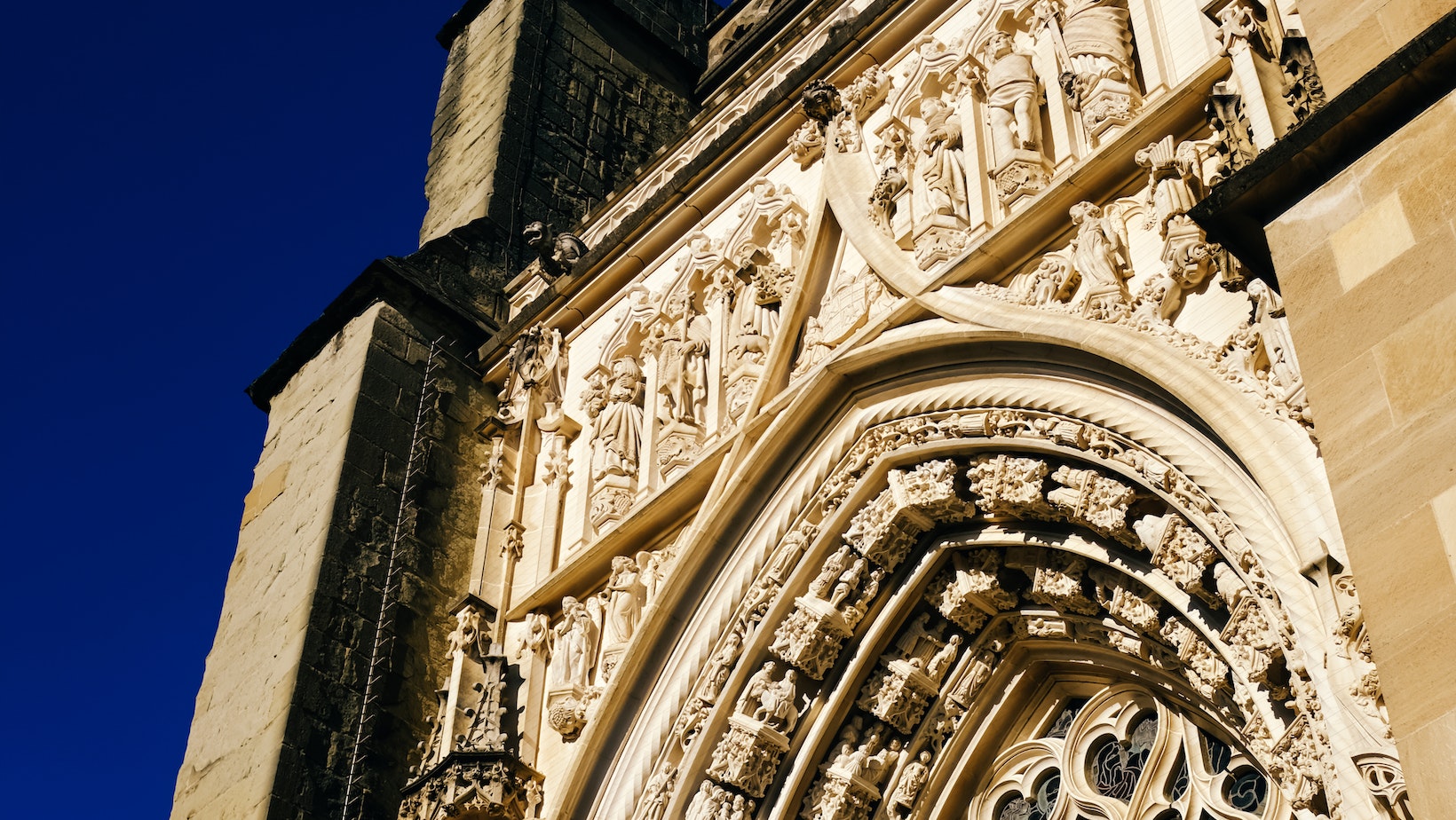
Do You Have to Be Catholic to Have a Quinceanera
Many who are unfamiliar with the Latin American tradition known as a quinceañera often wonder if it’s necessary to be Catholic to celebrate this milestone. In essence, a quinceañera serves as a rite of passage for 15-year-old girls transitioning into womanhood and is steeped in both cultural and religious significance.
Traditionally, this celebration begins with a Mass where the young woman receives blessings from the priest, which might suggest that one needs to be Catholic to have a quinceañera. However, times are changing and so too are our traditions. While it’s true that this event has its roots in Catholicism, today many families opt for non-religious celebrations that focus more on marking the journey into adulthood.
So while you’ll find most quinceañeras happening within Catholic communities due to historical and cultural reasons, being Catholic isn’t a prerequisite for having one. Families from various backgrounds now adopt this beautiful ritual as part of their own traditions – proving that what matters most is not necessarily your religious affiliation but rather the spirit of family unity and growth it represents.
Understanding the Quinceanera Tradition
I’ve always been fascinated by quinceaneras. It’s a Hispanic tradition that celebrates a girl’s transition from childhood to womanhood on her 15th birthday. Often, it’s an elaborate affair complete with a religious ceremony, a reception, and even sometimes a court of honor made up of friends and family members.
Historically, quinceaneras have deep roots in Catholicism. The tradition originated in Spain and spread to Latin America with Spanish colonization. At its core is the idea of presenting the young woman to God so she can reaffirm her dedication to her faith.
Let’s dig into some specifics. Typically, the celebration starts off with a Mass or service at the local Catholic church. Here, the birthday girl (known as the ‘quinceañera’) receives blessings from the priest. Afterward comes a festive party where guests enjoy food, music, and dancing.
But what if you’re not Catholic? Can you still have a quinceanera? Well yes! While it has traditionally been tied to Catholicism, nowadays people from different backgrounds are embracing this rite of passage. Some families opt for non-religious celebrations or incorporate elements from other cultures or religions.
To sum it all up:
- The quinceañera is deeply rooted in Catholicism.
- It begins with a religious ceremony followed by a reception.
- Non-Catholics can also celebrate their 15th birthdays with quinceañeras.
It’s an interesting mix of religion, culture and personal choice. Whether you’re steeped in tradition or forging your own path—there’s room for everyone under the big tent that is quinceañeras!

The Catholic Roots of a Quinceanera
Delving into the roots of a quinceanera, we find ourselves in the heart of Catholic tradition. This event is much more than just a big party for a 15-year-old girl; it’s steeped in deep religious symbolism that harks back to centuries past.
The celebration of the quinceanera has origins in both indigenous Mesoamerican and Spanish Catholic customs. In pre-Columbian cultures, turning 15 often marked a young woman’s transition to adulthood and her readiness for marriage and motherhood. After Spain’s conquest of the Americas, this rite of passage was merged with Catholic traditions, evolving into what we now recognize as the modern-day quinceanera.
In traditional celebrations, you’ll find plenty of nods to its Catholic roots throughout:
- Mass Attendance: A girl celebrating her quinceanera typically starts her day by attending mass with her family.
- Blessing: At this mass, she receives blessings from the priest who usually gives an address about growing up and taking on adult responsibilities.
- Presentation: She formally presents herself before God and pledges to honor Him as she matures.
It’s important to note that while these elements are traditionally part of a quinceanera, they’re not strictly necessary. Many families today opt for secular versions or incorporate their own cultural or personal touches into their celebrations.
Given its history and significance within Latinx communities around the world though, it isn’t surprising that many people assume one must be Catholic to have a quinceanera. However, that isn’t necessarily true today. While having some understanding or appreciation for its religious underpinnings can certainly add depth to your experience, all are welcome to adopt this beautiful tradition if it speaks to them!










